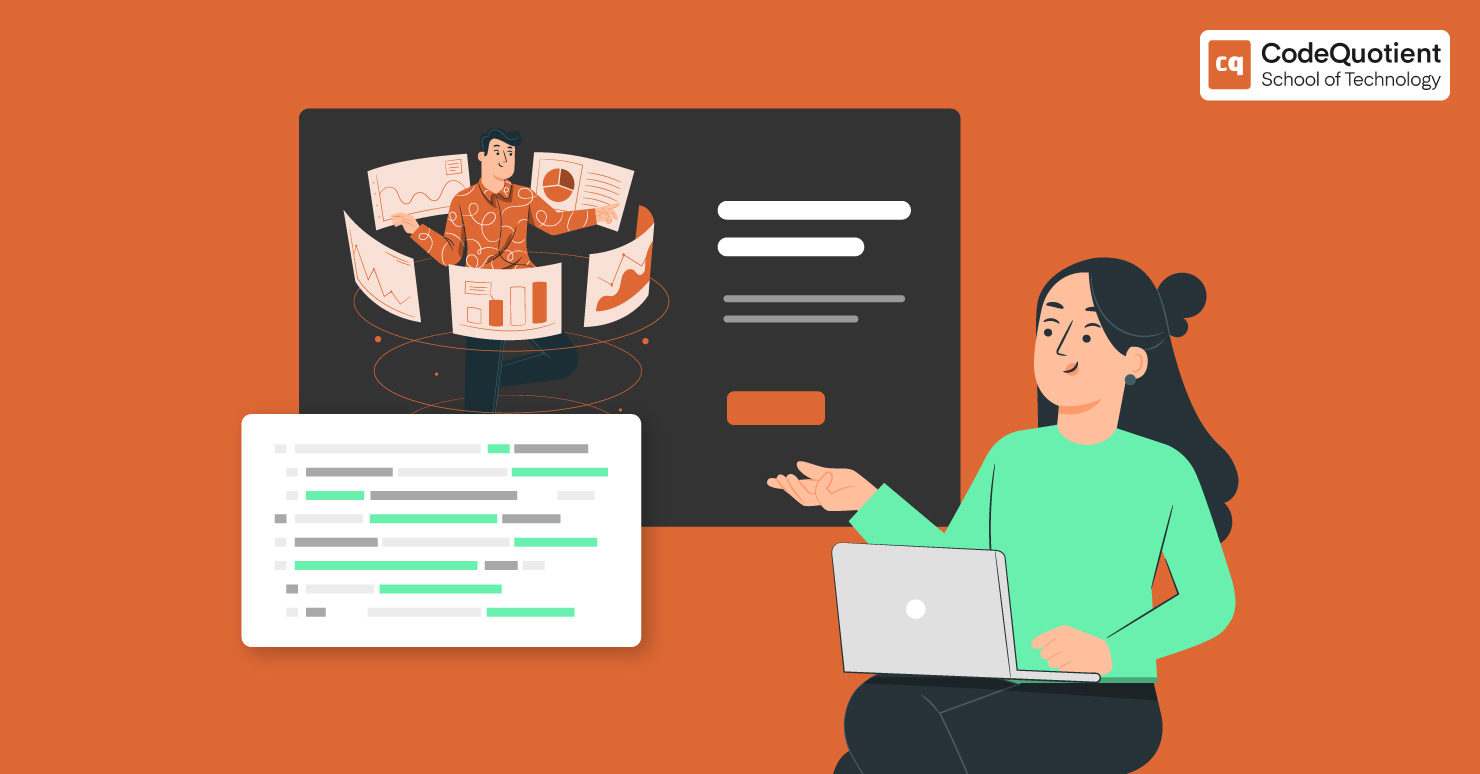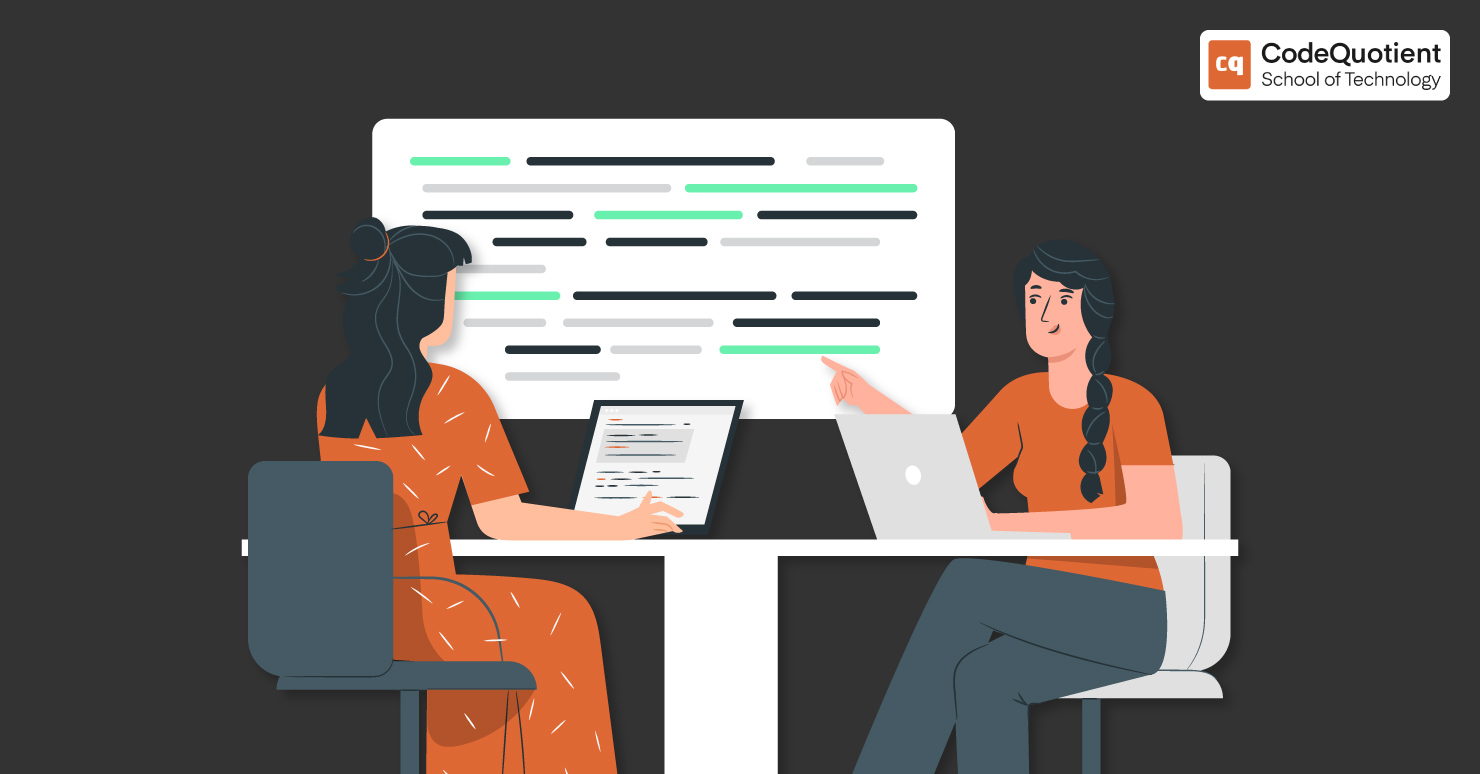Landing a job as a software engineer or developer is no easy feat. With coding being one of the most in-demand skills today, competition is fierce. This means candidates must thoroughly prepare for the dreaded coding interview – where their technical knowledge, problem-solving abilities, and communication skills will all be tested.
The coding interview is crucial because it allows recruiters to gauge how well you can translate your skills to practical scenarios. Mastering the interview can fulfil your dream of a software engineering job.
This comprehensive guide covers all aspects – from what to expect to proven strategies for adequate preparation for coding job interviews.
What Are Coding Interviews Really About?
A coding interview assesses your technical proficiency as an aspiring software engineer. Unlike a written exam, it involves demonstrating applied knowledge by thinking through open-ended coding problems in real-time.
Typically, these interviews have three sections:
1. Initial Phone Screens
After a resume screen, candidates are selected for a short phone interview, the first coding test round. You may be asked simpler coding questions focused on core concepts.
2. Online Assessments
Short online tests help assess your coding skills at scale before calling candidates in for onsite interviews. Questions cover a range of topics and difficulty levels.
3. Onsite Interview Rounds
Those who clear initial screens are invited for longer in-person interviews, typically 4-5 rounds lasting 45-60 minutes each. You can expect more complex algorithmic and systems design questions. You may also have to write efficient code.
What are the Types of Questions and Problems Typically Encountered?
These interviews test your knowledge using different types of questions:
- Algorithm and data structure questions
- Object-oriented design/concepts
- System design concepts
You can check the most common coding interview questions: 10+ Coding Interview Questions Every Programmer Must Know.
You must demonstrate an ability to apply concepts to solve problems efficiently. For example, questions may involve writing functions, optimising code efficiency or debugging logical errors.
What are the Common Coding Challenges Faced by Candidates?
Some key trouble areas trip up even experienced coders during interviews:
1. Failing to Understand the Problem Properly
Many make the mistake of hastily assuming what needs to be coded without clarifying requirements. Always seek complete clarity before writing a single line of code.
2. Time Management
Interviews involve strict timelines. Practice questions within fixed time limits to avoid being overwhelmed in actual interviews.
3. Dealing with Pressure
Interviews can be stressful when your knowledge is severely tested. Build confidence through rigorous practice to handle pressure better.
4. Technical Proficiency
Another drawback is not having a sound grasp of concepts like data structures and algorithms. Internalise core CS fundamentals before attempting interviews.
How to Prepare for the Interview?

Success lies in diligent and smart preparation targeted to mastering key knowledge areas:
Fundamental Concepts to Master
1. Know the Core Computer Science Basics
A strong grasp of data structures like arrays, linked lists, stacks, and queues is vital. Brush up algorithms like searching, sorting and bit manipulation.
2. Choose a good Programming Language
While knowing concepts is essential, you need to actually write code in languages like C++, Java, Python or JavaScript with bug-free syntax. Aim for depth over breadth by focusing on one programming language.
3. Consider Giving Mock Interviews
There are platforms that provide mock interviews with experienced coders over video to simulate actual coding interview environments.
You Will Need Some Practical Coding Experience Too
1. Personal Projects
Use code apps, tools, or mini-games to get comfortable applying your skills to build products, not just solve isolated problems.
2. Open Source Contributions
Making commitments and raising issues on open-source projects demonstrates coding and collaboration skills.
3. Internships
Look for summer internships and co-ops while studying to gain valuable real-world software development experience.
Learn All the Problem-Solving Strategies
Succeeding in the interviews goes beyond rote learning. You need strategies to apply knowledge:
1. Listen Carefully to Grasp Requirements
Many fail by making assumptions instead of seeking clarification on the exact problem statement before coding.
2. Break Down Complex Problems
Tackle large problems in steps – first, solve without code, i.e. write steps in words or pseudocode, then convert to actual code.
3. Always Think of Test Cases
Consider edge cases and input types that can break your code, write tests to handle them and document assumptions clearly.
What Will You Do During the Interview?
The steps below will help you tackle the actual interview confidently:
1. Clarify Requirements
Start by repeating the problem at a high level and ask probing questions if parts seem unclear before coding.
2. Think Aloud While Coding
Verbalise your thought process, for instance, how you reason to use a hashmap to improve efficiency, as this provides insights into your analytical abilities.
3. Write In Steps
Break complex problems down, for example, first write just algorithmic code without functions or object-oriented code. Get it working with simple base cases and then optimise.
4. Test Thoroughly
Validate your code works correctly by calling it with different inputs. Also, check boundaries and account for errors.
What to Do After the Interview?
Your learning doesn’t stop once the interview ends:
- Write down details from your interview experience when fresh in memory. What questions did you encounter, or what areas felt weak?
- Send thank-you emails to reiterate your interest in the role and the company and tie back key discussion points.
- If you don’t make it to the next round, request candid feedback you can learn from. Understand why solutions might have fallen short.
Code Your Way to the Top!
You can definitely beat the coding interview with diligent effort invested into mastering concepts, developing coding skills through practice, and applying proven strategies.
The CodeQuotient School of Technology program offers comprehensive coaching by industry experts to equip students with the exact skills needed to launch software engineering careers through rigorous coding training and up to 1.5 years of internship placements.
Join our Bachelor of Computer Applications (BCA) + UG Program In Software Engineering now to gain the confidence and ability to crack any coding interview! Our hands-on learning methodology and extensive interview preparation guide students smoothly into top technology jobs.
Reach out now to learn more about our admission process!




